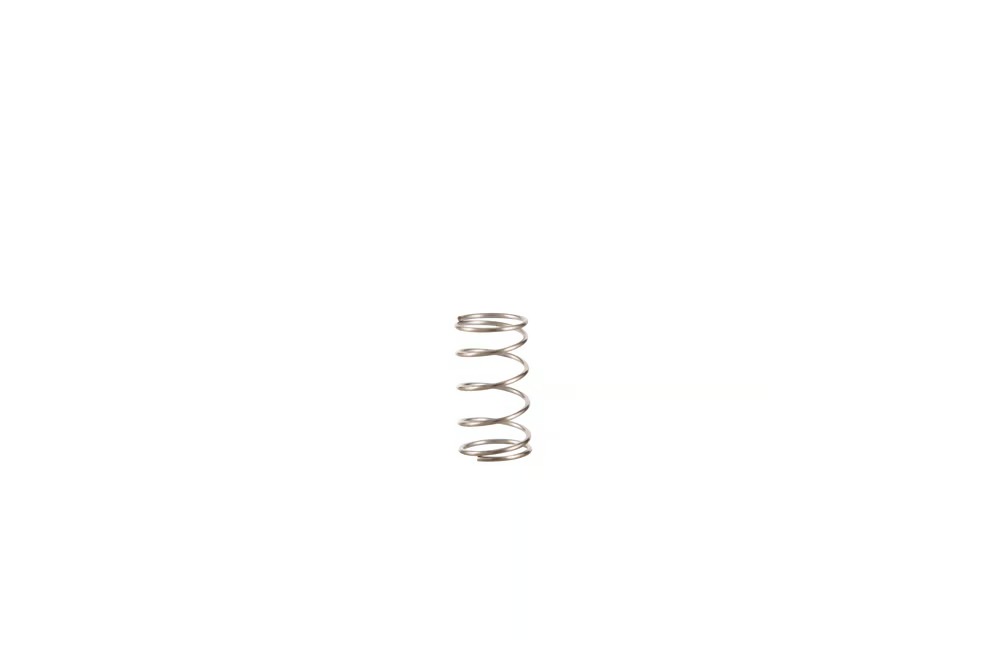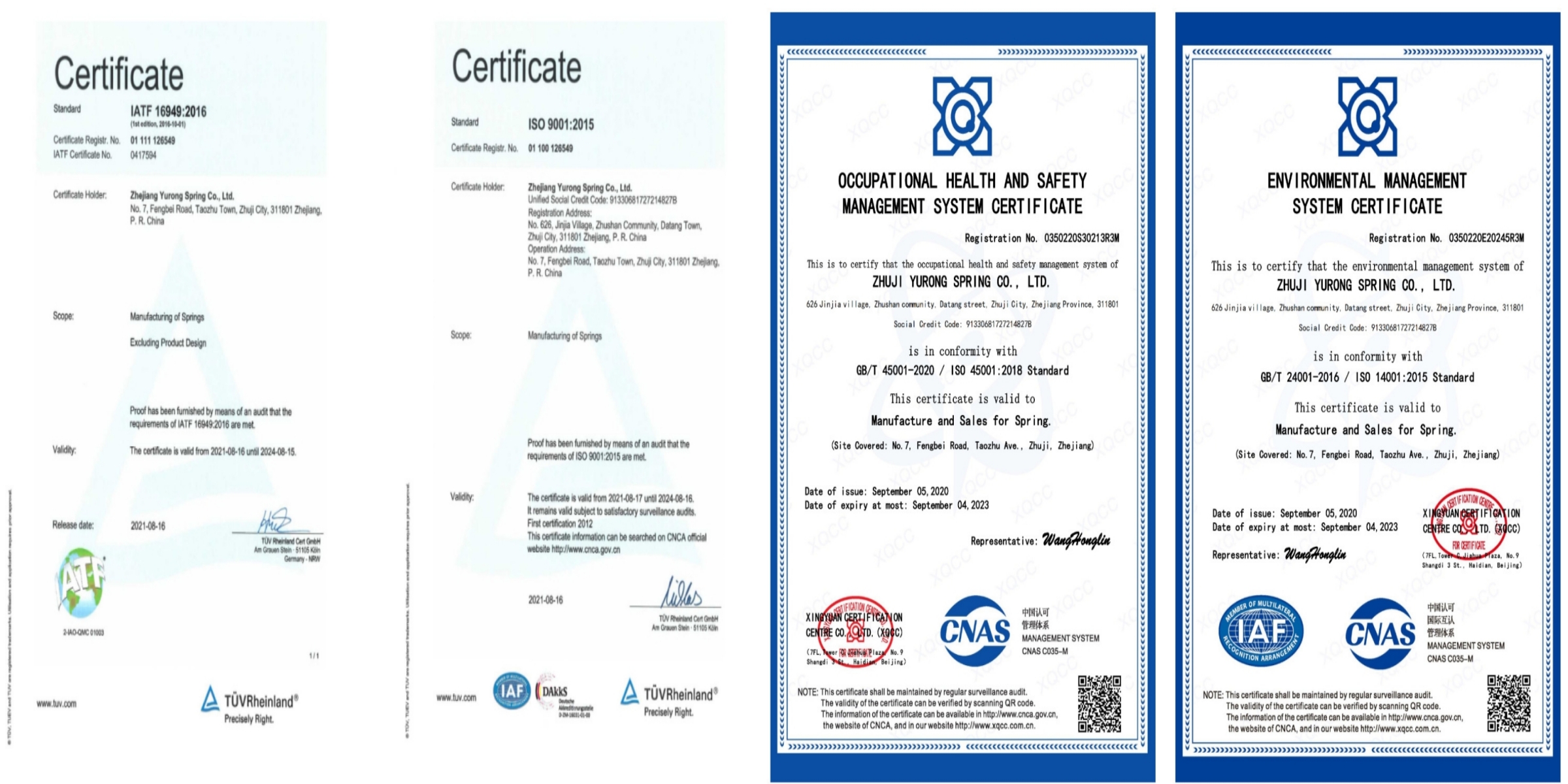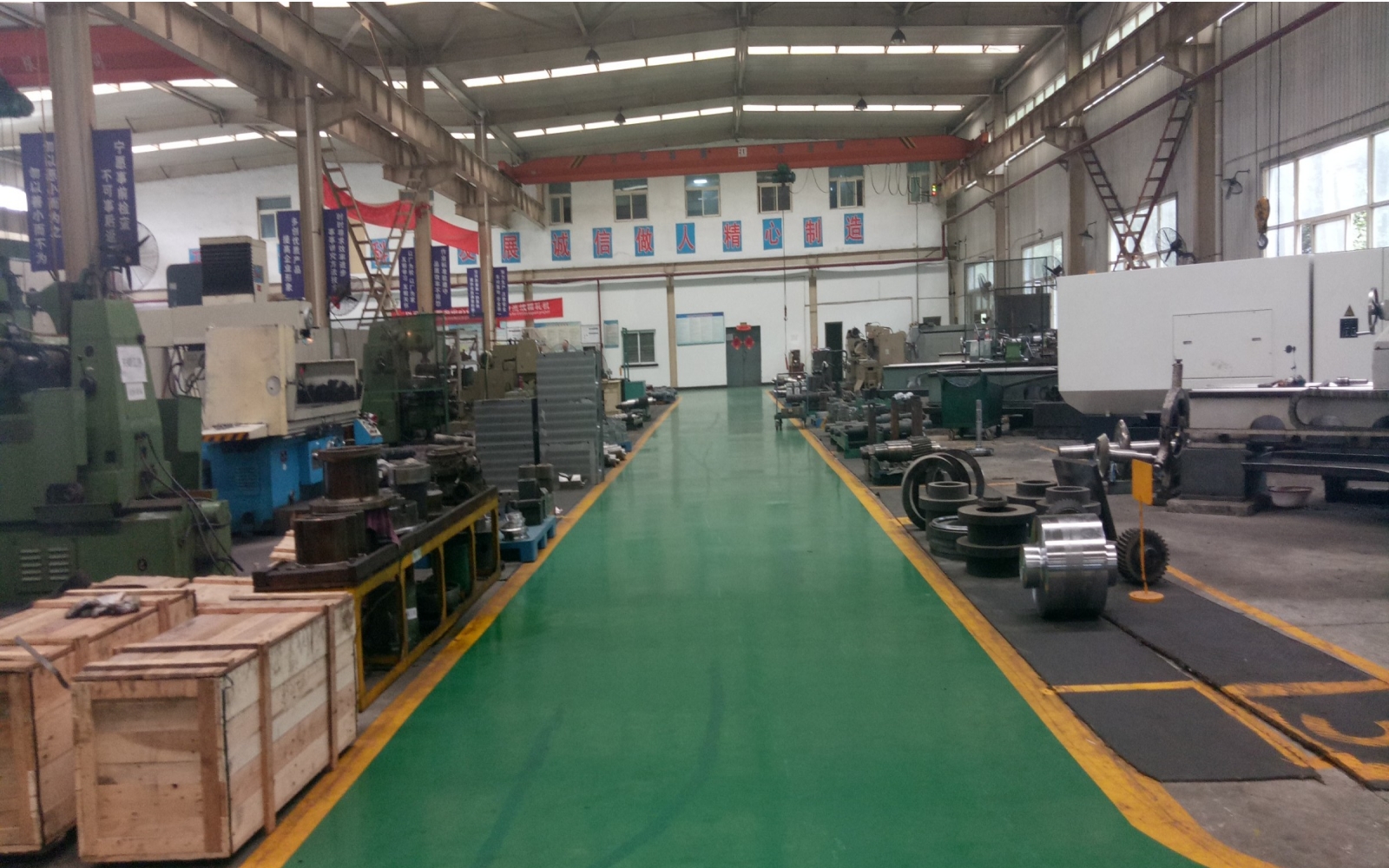
Resistant plastic compression spring
Application:Used in a wide range of industries, including automotive, railway, high-voltage switchgear, construction machinery, household appliances, elevators, and robotics.
Design team and technical team: Our design and technical experts collaborate to provide innovative and meticulously crafted products for clients. We specialize in spring design,manufacturing, and optimization.
One-stop service: Zhejiang Yurong Spring Co., Ltd. builds its own brand in terms of management mode, quality management, and brand image, earning trust and reliability.
Plastic Compression Spring: A Versatile Solution for Various Applications
Introduction:
Plastic compression springs have gained significant popularity in recent years due to their versatility and unique properties. These springs are made of high-quality plastic materials, such as nylon or polyethylene, which offer excellent resistance to corrosion, chemicals, and extreme temperatures. With their ability to compress and return to their original shape, plastic compression springs find applications in a wide range of industries, including automotive, electronics, medical, and aerospace. In this article, we will explore the features, benefits, and applications of plastic compression springs.
Advantages of Plastic Compression Springs:
1. Lightweight and Durable: Plastic compression springs are significantly lighter than their metal counterparts, making them ideal for applications where weight is a concern. Despite their lightweight nature, these springs are highly durable and can withstand heavy loads and repetitive cycles without deformation or fatigue.
2. Corrosion and Chemical Resistance: Plastic compression springs have excellent resistance to corrosion and chemicals, making them suitable for use in harsh environments. Unlike metal springs, they are not prone to rust or deterioration when exposed to moisture, chemicals, or corrosive substances.
3. Non-Magnetic and Electrically Insulating: Plastic compression springs are non-magnetic, which makes them suitable for applications where magnetic interference must be avoided. Additionally, their electrical insulating properties make them ideal for use in electronic devices or environments where electrical conductivity is a concern.
Applications of Plastic Compression Springs:
1. Automotive Industry: Plastic compression springs are widely used in the automotive industry for various applications, including seating, suspension systems, and door handles. Their lightweight nature and resistance to corrosion make them an ideal choice for these applications, contributing to improved fuel efficiency and longevity of components.
2. Electronics and Electrical Appliances: Plastic compression springs find extensive use in electronics and electrical appliances, such as switches, connectors, and battery compartments. Their non-magnetic and electrically insulating properties ensure the safe and efficient operation of these devices, while their durability allows for repeated use without loss of performance.
3. Medical and Pharmaceutical Industry: Plastic compression springs are used in medical and pharmaceutical applications where corrosion resistance, cleanliness, and non-contamination are crucial. They can be found in infusion pumps, surgical instruments, and drug delivery devices, providing reliability and safety to patients and healthcare professionals.
Conclusion:
Plastic compression springs offer a versatile and reliable solution for various applications across multiple industries. Their unique properties, including lightweight design, corrosion resistance, and electrical insulating properties, make them highly desirable in automotive, electronics, medical, and pharmaceutical sectors. With ongoing advancements in plastic materials and manufacturing techniques, plastic compression springs are expected to continue gaining popularity as a cost-effective and efficient alternative to traditional metal springs.



